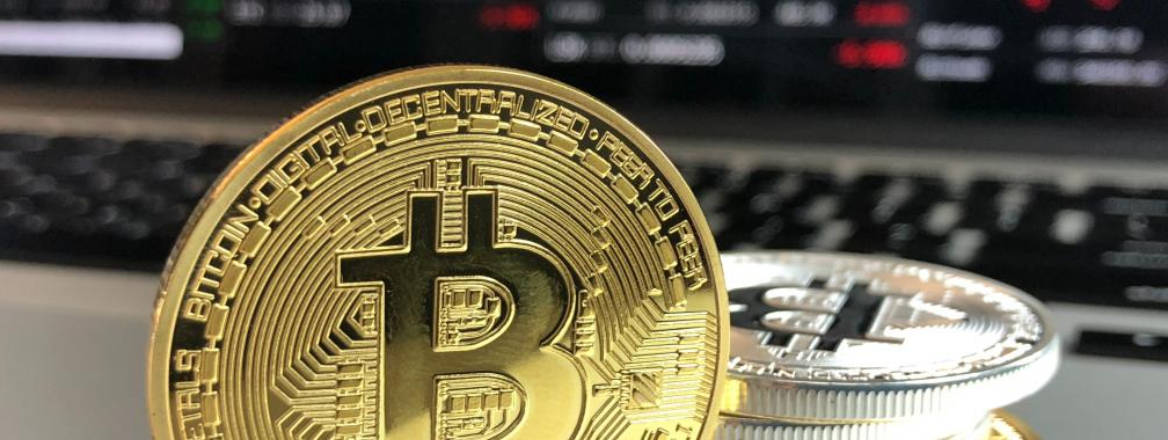Closing the Crypto Gap: Guidance for Countering North Korean Cryptocurrency Activity in Southeast Asia
This paper reveals how North Korea can exploit cryptocurrency, particularly in Southeast Asia, to circumvent international sanctions. It sets out practical guidance for countries in the region to ensure resiliency against the risk of North Korean cryptocurrency activity.
Despite recent diplomatic progress with the US, North Korea remains the world’s most significant weapons of mass destruction (WMD) proliferation threat. North Korea has gone to extremes to raise funds and evade international sanctions, recently expanding these efforts to include the exploitation of cryptocurrencies such as Bitcoin. Cryptocurrencies likely play only a peripheral role in North Korea’s overall fundraising and sanctions-evasion activity. However, the sophistication of North Korea’s broader cybercrime operations and its general demand for ongoing financial resources present the risk that its cryptocurrency activity could become a sustained security challenge, particularly as international sanctions lead North Korea to seek financial lifelines outside the mainstream sector. The UN Security Council’s Panel of Experts on North Korea has suggested that cryptocurrencies offer North Korea ‘more ways to evade sanctions given that they are harder to trace, can be laundered many times and are independent from government regulation’.
In general, North Korea could seek to use cryptocurrencies as part of its proliferation financing efforts through:
- Fundraising: To sustain its ongoing needs for cash, North Korea may obtain cryptocurrencies with the aim of converting them to fiat currencies in the short term.
- Stockpiling: North Korea could accumulate reserves of cryptocurrencies with the objective of eventually spending them or converting them into fiat currency at some point in the future.
- Circumvention: North Korea could use cryptocurrencies to pay directly for goods, services and resources that are explicitly prohibited by international sanctions.
Southeast Asia has long been vulnerable to North Korea’s WMD proliferation financing and sanctions-evasion activities, given its proximity to North Korean proliferation networks and the availability of sophisticated trade and finance infrastructure. The region is vulnerable to North Korea’s cryptocurrency-enabled activity as well, and important gaps remain.
For example, gaps in local regulatory frameworks could allow North Korea, or other actors, to exploit cryptocurrency exchanges and other related platforms. Since Southeast Asia also features a nascent but burgeoning cryptocurrency industry, local law enforcement agencies will likely require further knowledge and resources to ensure that they can successfully respond to cryptocurrency-related criminal activity over time should the local cryptocurrency industry continue to grow in scale. By taking steps such as developing effective regulatory frameworks and leveraging public–private partnership initiatives, countries in the region can mitigate North Korea’s cryptocurrency activity successfully.
WRITTEN BY
David Carlisle
RUSI Associate Fellow, CFS
Kayla Izenman
RUSI Associate Fellow, CFS



